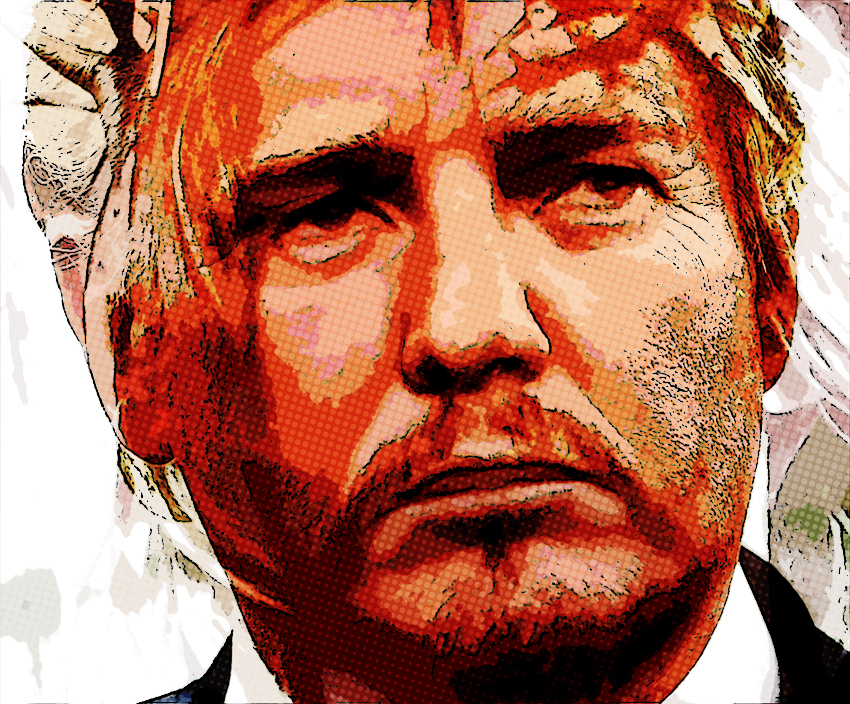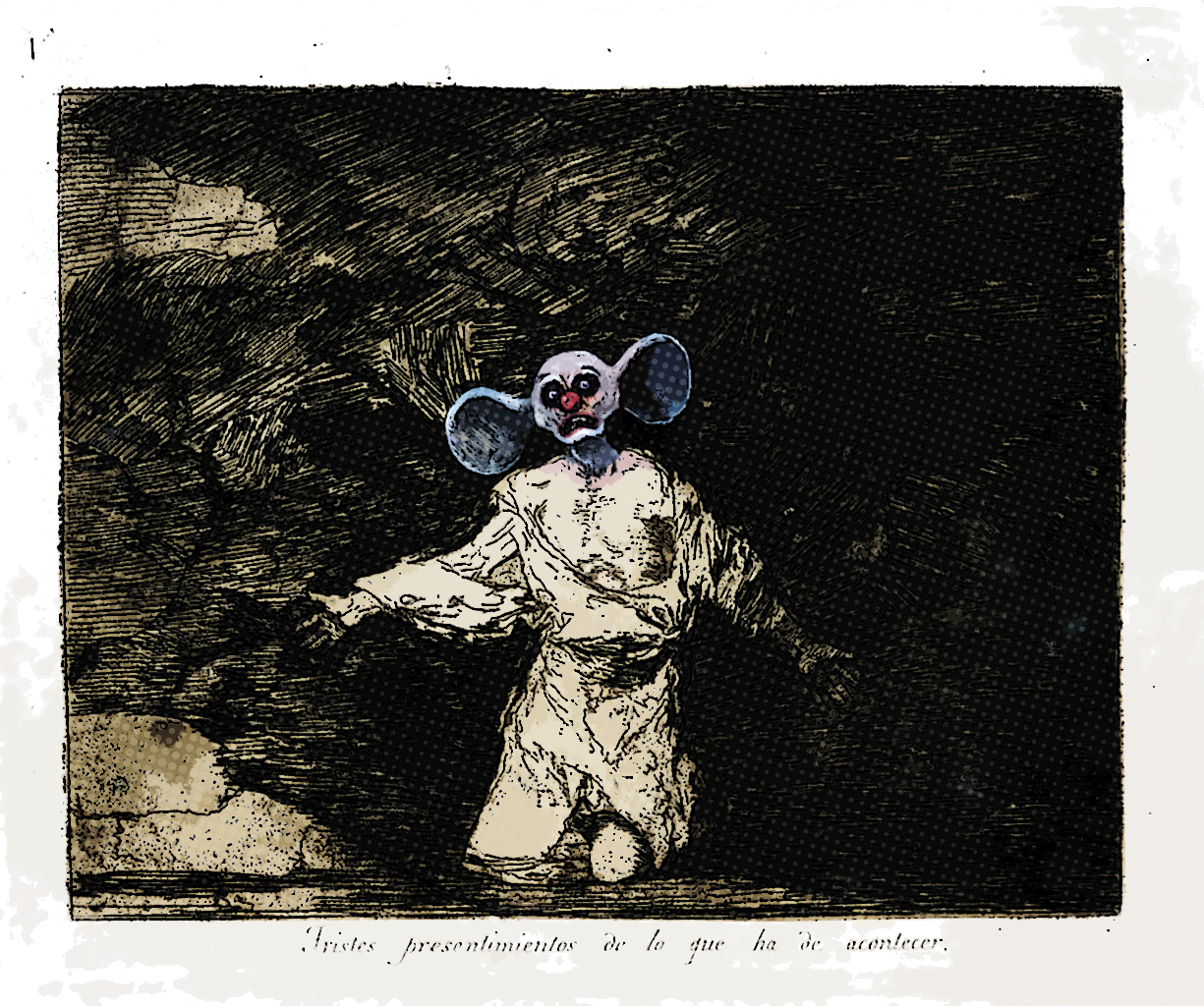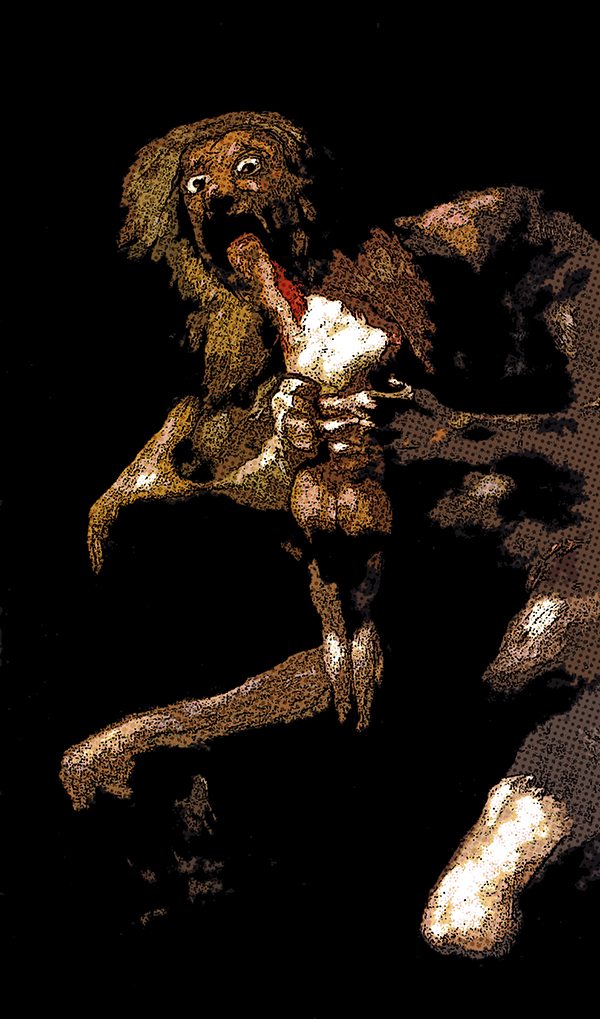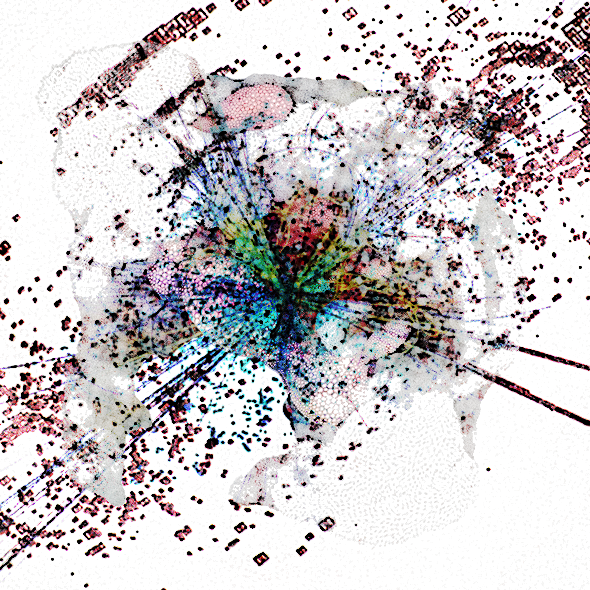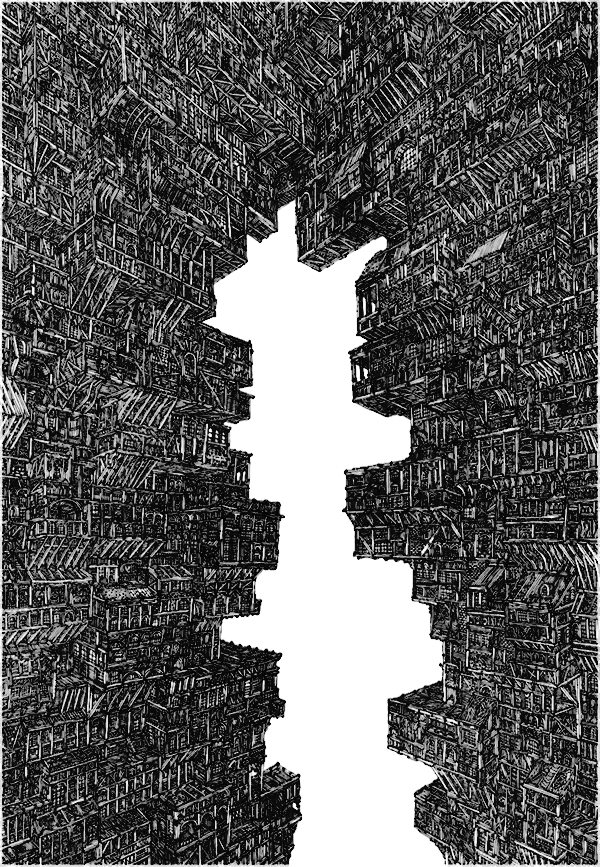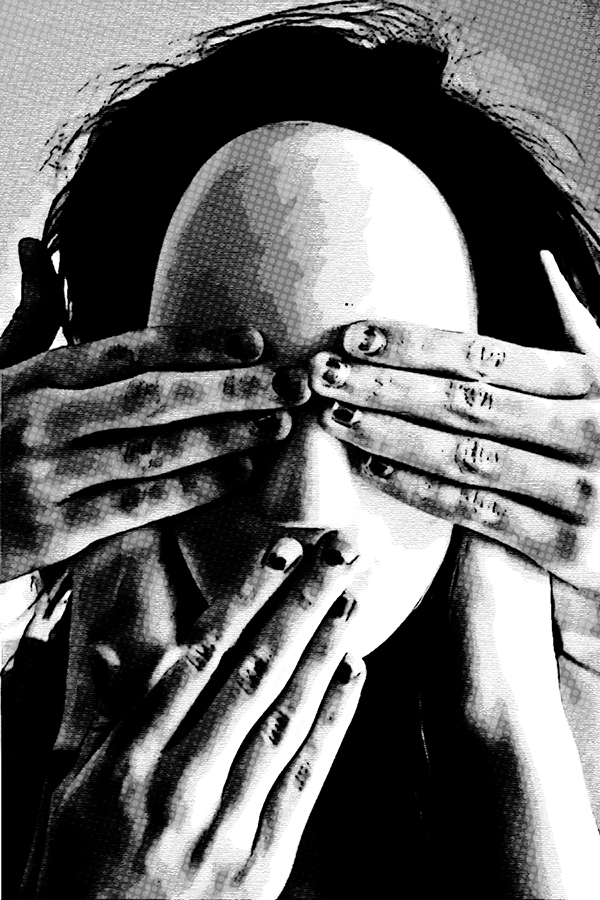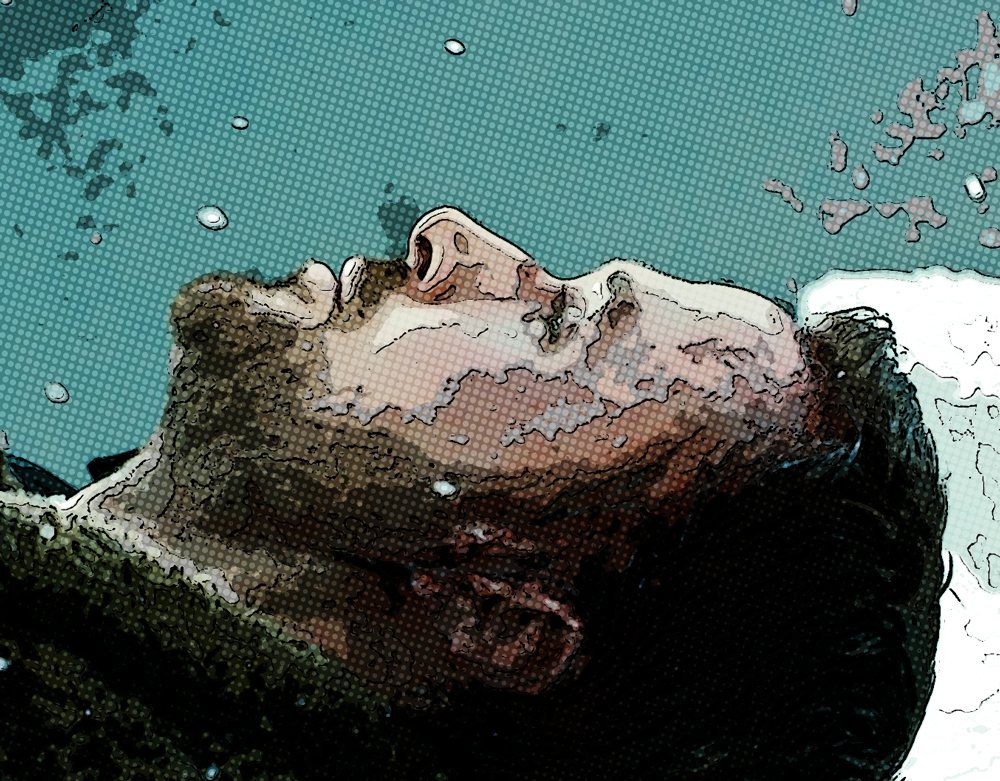
The mind can no more grasp transcendent philosophy than the eye can see music.
– Diane Fortune
Talking about “That” tathata:
How can one begin to talk about Tathata (That)? What can one say? Where does one begin? How does one describe color to a blind man or music to the deaf? It is said, the closer to the truth one gets the more insane one will sound. On top of that, I haven’t written in a long while, but I suppose I never really wrote and all I ever done was only translated what was around me. So, to begin again, this time, I listened, really listened and I found tathata I am beginning to understand some truths about this game of life, at least to me. Before I share anything, I will let Diane Fortune explain how futile it is to talk about tathata:
The esotericist, when endeavouring to formulate his philosophy for communication to others, is confronted by the fact that his knowledge of the higher forms of existence is obtained by a process other than thought; and this process only commences when thought is left behind. Consequently it is only in that region of consciousness which transcends thought that the highest form of transcendental ideas is known and understood; and it is only to those who are able to use this aspect of consciousness that he can communicate his ideas in their original form. When he wants to communicate these ideas to those who have had no experience of this mode of consciousness, he must either crystallise them into form or fail to convey any adequate impression. Mystics have used every imaginable simile in the endeavour to convey their impressions; philosophers have lost themselves in a maze of words; and all to no purpose so far as the unilluminated soul is concerned.
There is nothing I or anyone can say or describe that would be of any practical help for anyone trying to discover their own truth, but to quote Chairman Mao, “The need to shit after eating does not make eating a waste of time.” With that in mind, there is no need to beat around the bush. I will try and summarize what all tathata really means to me along with sharing some ideas about philosophy and movies with you along the way. To begin I will start with the first story that pointed me in the right direction by Bruce Lee:
A learned man once went to visit a Zen teacher to inquire about Zen. As the Zen teacher talked, the learned man frequently interrupted to express his own opinion about this or that. Finally, the Zen teacher stopped talking and began to serve tea to the learned man. He poured the cup full, then kept pouring until the cup overflowed.
“Stop,” said the learned man. “The cup is full, no more can be poured in.” “Like this cup, you are full of your own opinions,” replied the Zen teacher.
“If you do not first empty your cup, how can you taste my cup of tea?”
Here, I am just another finger pointing at the moon; another blind man leading the blind… Hence I humbly apologize for the path here is a long and winding one. I just hope you would permit me your time/patience and approach all of these following words ‘with an empty cup’ and withhold judgement until you reach the very end, perhaps in doing so be rewarded in return with what little that these words can provide…
Continue reading
